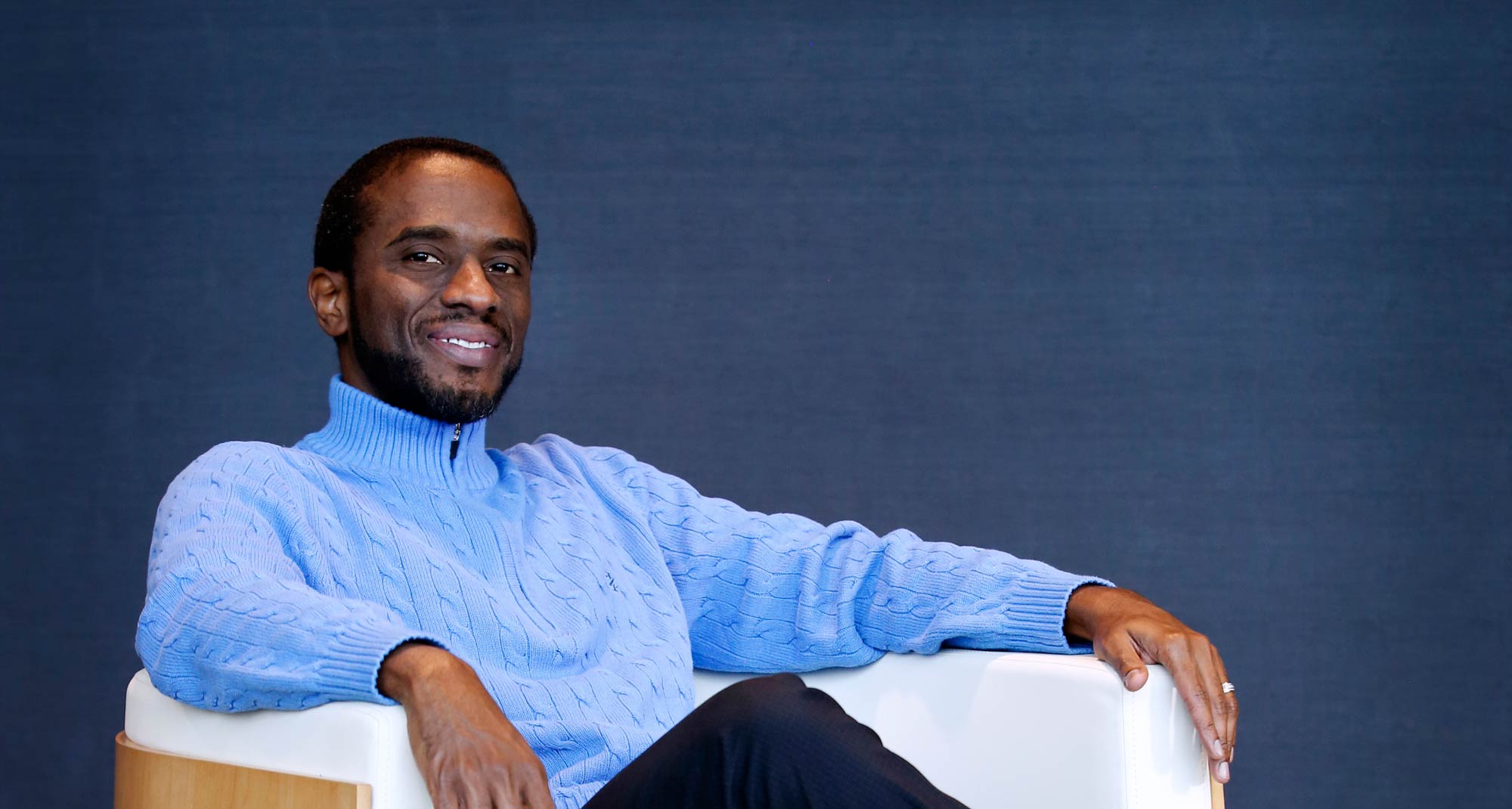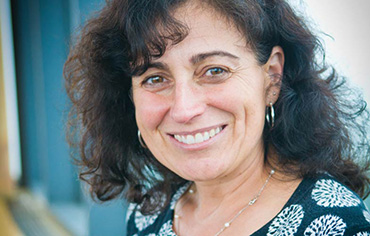Are we overreliant on educators to address societal ills?
The answer is both yes and no. Yes, because after almost every social problem that makes the news or any human-made tragedy, the common refrain is usually: “It all goes back to education,” or “Education is the key.”
While I agree, it also absolves us of our current responsibility to do anything about the issue at hand. Too casually, we seem to want to push the problem in the direction of education with the hope that educators and school leaders can somehow fix the problems that plague our society. In reality, this is betting on a better future down the road, while ignoring the perplexing problem before us.
The answer is part no, because it is the mission of education to help support and encourage our democratic society. For too many years, we have forced education in the direction of career readiness, when in actuality education and educators can prepare students for a greater function, the fortification and continuation of the American democratic experiment. Thus, K-12 schools and institutions of higher education have an additional mission to support democracy through information, preparation, appreciation for divergent thinking, critical evaluation, introspection and imagination.
My research has examined the historical use of education in African American communities as a pathway to liberation. Educators in these communities would prepare students academically and would also teach skills and give insight to navigate and thrive in society, which was still, in part, segregated. This same premise is still relevant today. Educators still need to provide academic preparation for career readiness, but they also need to prepare students for today’s fast-paced technological society undergirded by the American democracy. In the past, liberation meant physical freedom. Now, it is more of an intellectual liberation that leads to greater knowledge/ awareness of our world and moral clarity.





